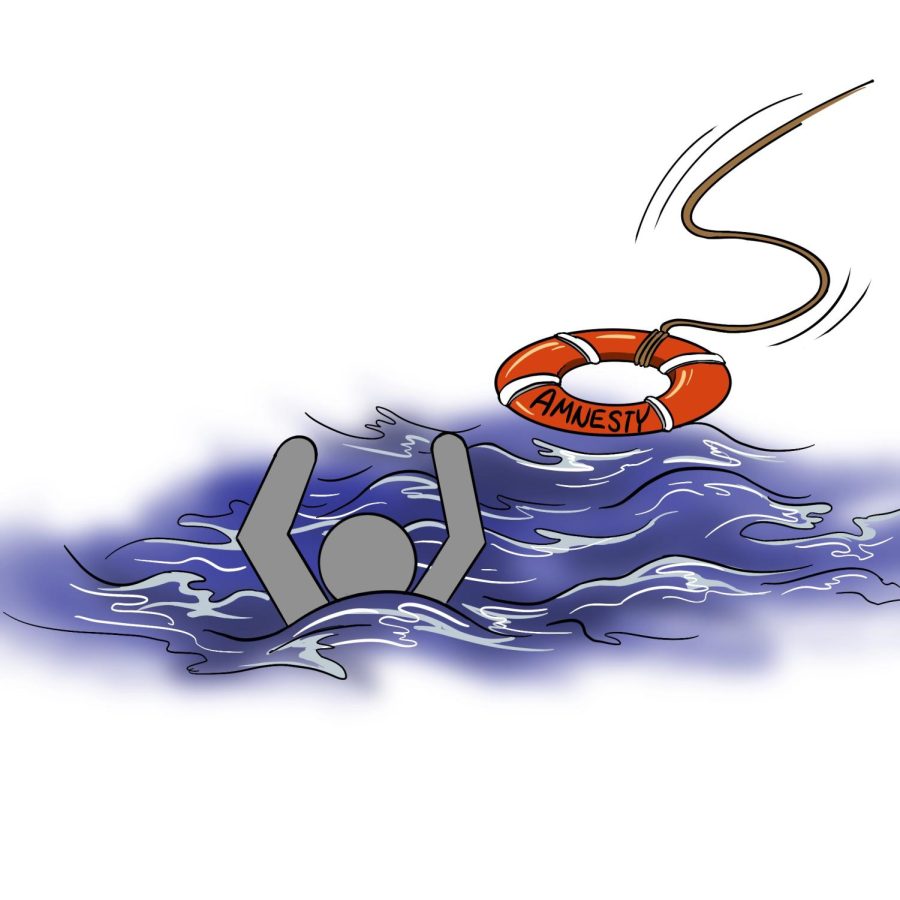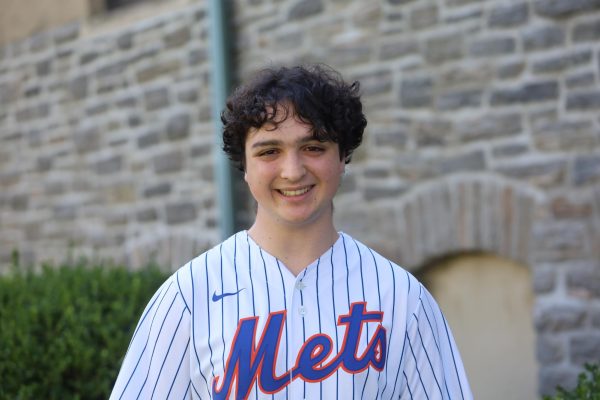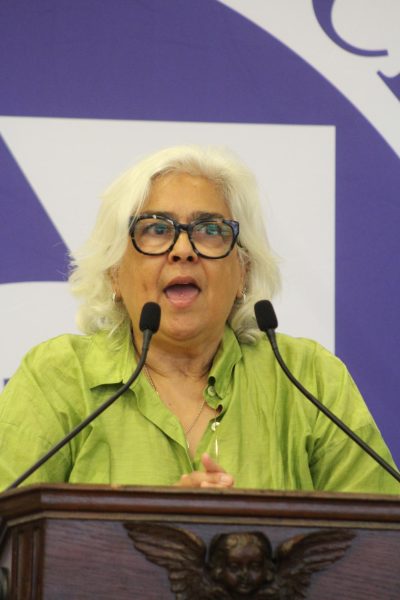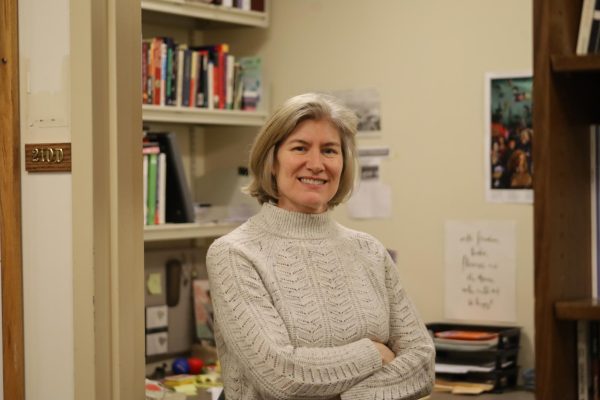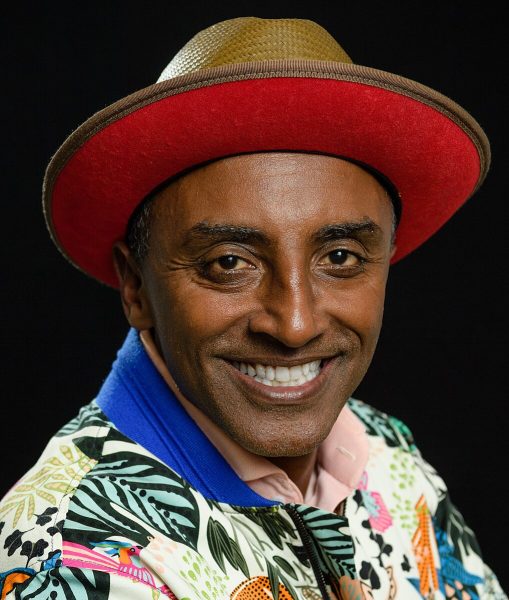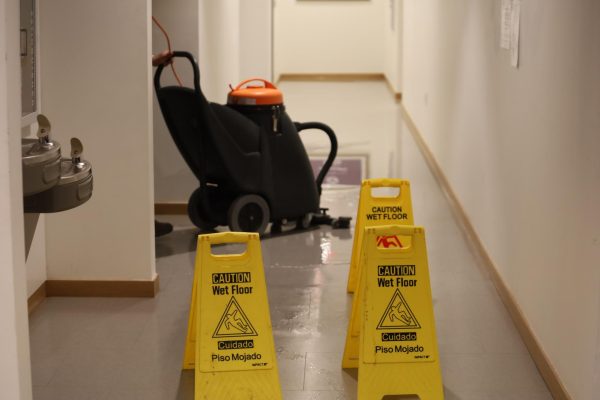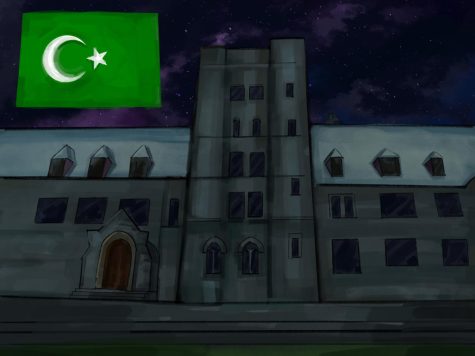Amnesty: The progressive health policy for an evolving community
FOR STUDENTS STRUGGLING WITH substance use, among other health-related issues, amnesty can provide a lifeline. Tower looks at some of the benefits and drawbacks of this system.
November 7, 2022
During the 2021-2022 school year, Masters’ policies on substance abuse changed dramatically. The previous punitive model — a zero-tolerance procedure in combination with a non-disciplinary “sanctuary” policy for students who approached the school for help with a substance abuse issue — was abolished, allowing room for the implementation of a newer, more progressive model. The school’s new procedure regarding students who come to the school for help with substance abuse or other issues is called “Amnesty.”
The administration’s goal in creating this policy was to encourage students who are struggling with issues where their health or safety are at risk to seek help without worrying about disciplinary consequences. Jeff Carnevale, the dean of students, said that while sanctuary had existed for a long time, it was outdated.
“Sanctuary only focused on issues involving substance use, for which there might be a violation of Masters rules that would prevent a student from getting help,” Carnevale said. “Amnesty takes a broader lens, and incorporates more than just drug and alcohol-related issues, but anything that would put a student’s health or safety at risk, that might also involve a violation of school policy.”
Masters developed the Amnesty policy over the course of several years, consulting sources both within and outside of the school. Katie Koestner, a prominent activist who aided Masters in developing the Family Handbook’s policies on sexual misconduct, also worked to reform the existing substance abuse policy. After careful consideration by the administration, they changed the name of the program to “Amnesty.” Carnevale expressed that the connotation associated with the term “sanctuary” was not ideal and potentially drove students away from seeking help.
“Sanctuary implies something that needs to be sought out, whereas Amnesty is something that exists,” he said. “We want it to be a place where students feel they can get the help that they need.”
We want [Amnesty] to be a place where students feel they can get the help that they need.
— Jeff Carnevale
The switch to a more progressive, restorative practice is certainly in line with Masters’ mission statement. Carnevale remarked that “the Amnesty policy falls in line with what we believe as a school and an institution.”
Masters is actively engaged in restorative justice conversations, making sure students can learn from their mistakes and correct their wrongdoings. John Boyer, a faculty advisor of Community Council, delineated the importance of restorative practices. He stated that Community Council’s goals with restorative justice work involve prompting students to “reflect about whatever incident has brought them in front of us, and try and learn from their mistakes and grow from it. We also talk about the kinds of things that we can do to repair harm, when that has occurred.”
While substance use cases are not sent to Community Council, the same principles Boyer highlighted are applied by the Dean’s Office when dealing with these cases.
Carnevale elucidated the importance of prioritizing restorative practices over punitive models.“This is a more humane response that respects the health, wellness, and dignity of each individual, rather than being a draconian punitive response,” he said.
Nevertheless, critiques of the Amnesty policy are prevalent among the student body. A student who entered the Amnesty program last year (who wished to remain anonymous) stated that “The main reason students are reluctant to use Amnesty is it’s supposed to be a non-disciplinary approach, but is in every single way characterized as a disciplinary approach.”
The anonymous student elaborated that mandated health evaluations and counseling, communication with parents, and financial burdens from drug testing and psychiatric evaluations are factors that generate fear among the student body.
“The continuous drug testing — which is going to be throughout this year, and then throughout the next year, as well — we have to pay for every single one of those tests,” the student said. He added, “The Counseling Center is free, however, one requirement in my Amnesty contract is you have to get continuous outside psychiatric help.”
However, the school’s case-by-case approach to Amnesty helps students and families who are in difficult situations, financially or otherwise. Carnevale said in these situations, “the student and their family start working with the Counseling and Health Center, who have connections, and often can help a student and their family find and locate and work with an outside provider. And in many cases we have.” He continued, stating that “[Masters does] have some providers who work with our families on sliding scales or some even pro bono. We do the best we can to support a student and their family through that.”
Carnevale also clarified where disciplinary actions are still taken. “If a student is caught using substances, that’s a different matter. But if there’s a concern about another student’s safety and health, that’s how we’re going to address it: As a health matter, and not a disciplinary one.”
Jayde Bennett, associate dean of students and director of residential life, further added that if a faculty member catches a student using substances, the situation will not be handled as an Amnesty situation.
“If a faculty member is going around and doing check-in, for example, and they happen to walk in on a situation, that’s not Amnesty. That is [a student] caught doing something [they] were not supposed to be doing. There was no attempt made to reach out or seek support based on a student’s wellness.” However, situations where students approach a faculty member — either on their friend’s behalf or on their own accord — do qualify for Amnesty, Bennett noted, saying, “The key here is how proactive you’re being.”
Students feeling that Amnesty proceedings are disciplinary in their effects are not uncommon, Carnevale noted. “It’s really important for students to understand that it is a non-disciplinary process. And that means that things happen, but that doesn’t mean that they’re disciplinary in nature.”
Students such as the anonymous interviewee have described Amnesty as feeling like a suspension, which Carnevale clarified is not the case.
“They may involve needing to be away from the school for a period of time while you’re going through a health process, but that isn’t disciplinary,” he said. Amnesty leave is not reported to colleges or left on a student’s transcript. “I think that it can be a challenge sometimes to reckon with [the fact that] things happen. They’re not necessarily disciplinary, but sometimes they feel punitive.”
Fear and outrage within the student body often come from a lack of information about the school’s approach or how these issues are handled. But in most cases, information on individual cases cannot become public knowledge.
“I wish students gave a little bit more grace to the fact that these are delicate situations no matter what. There are a lot of privacy concerns that go into this, and quite frankly, being a student here doesn’t automatically make you privy to certain information. There are certain protocols in place that we have to follow,” Bennett said.



